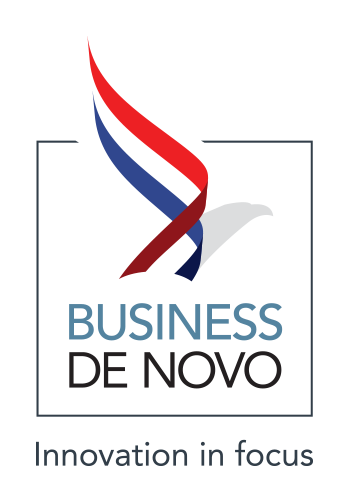Breaking news! Did you hear? “Patent troll disrupts safety of thousands; victims urge Congress to legislate.” So runs the headline from a recent article by reporter Amanda Ciccatelli at InsideCounsel.com.
Stop the presses!!! One patent troll is disrupting the safety of thousands, and its victims are urging Congress to legislate. Help!
Anyone else hear a crying wolf? Unfortunately, we are seeing a lot of this untruthful press about this country’s patent system. It’s time to put a stop to it.
The article reports that 911 Notify owns a patent covering a technology that automatically notifies a parent, adult child, neighbor, or colleague when a subscriber places a 911 call. The article then jumps to the absurd conclusion that, by asserting its patent, 911 Notify is jeopardizing American lives in its attempt to extract unjustified licensing fees from more than 40 companies.
I find that premise hard to subscribe to. Asserting a patent is jeopardizing lives? Well, not this one. And the article is a tough read for other reasons—notably, its grammar and syntax.
Start with this claim, which I find suspect: “The United States Patent and Trademark Office granted 911 Notify a patent on the idea of notifying family, friends and first responders that there is an emergency and someone has called for help.”
I didn’t know the USPTO granted patents for “ideas.” Isn’t that a big issue these days? Even abstract ideas, about emergencies and cries for help. Sounds fantastic. (Literally.) Can I call?
C’mon. An editor should have caught that. Whatever the merits of the patent, it should be dealt with through the legal system, not with inaccurate journalism.
To the substance. What exactly is this “briefing on the urgent need for reform” to which Ciccatelli is alluding? Might that be one sponsored by large technology companies that employ lobbyists to promote patent reform? Don’t know. Don’t have the “Who-What-When-Where.”
Perhaps that’s the strategy. Keep us confused. However, far more important than sloppy syntax and slippery details is the tone of this article. Puerile writing is annoying and unhelpful. Reductive writing is unethical and dangerous.
Granted, InsideCounsel’s audience can be presumed to be fairly savvy. I trust its readers can make up their own minds. But when a publication like InsideCounsel looks to sway opinion rather than inform readers, that’s crossing the line. From its click-bait headline to its failure to use the neutral term “non-practicing entity” instead of the pejorative troll, the article fails to uphold established principles of accuracy, objectivity, and fairness.
One might call InsideCounsel’s publication of such an article reckless. InsideCounsel claims to be an outlet that informs 40,000 in-house legal professionals about the business risks companies face today, and it’s published by a division of legal and business media powerhouse ALM Media Properties, LLC. Now it’s informing its readership that patents disrupt safety!
Shouldn’t InsideCounsel’s coverage abide by broadly accepted journalistic principles? Aren’t reporters supposed to relay facts—and tell both sides of a story?
However, unbiased reporting simply is not happening these days in coverage of patent reform. Smaller businesses, inventors and entrepreneurs are getting short shrift. So are the NPEs that invest in intellectual property, and who as a result continue to support our innovation ecosystem. Sure, there are bad apples (or bad trolls); I’ve acknowledged that before. But the majority of patent holders are looking to enforce intellectual property rights guaranteed under the U.S. Constitution—for good reasons and, of course, commercial reasons.
A marketplace of ideas should be a level playing-field and a marketplace that promotes and supports innovation. Patent assertion entities actually help do that—despite what recent propaganda would have us believe.
In fairness to InsideCounsel, this tilt from the truth is not just about one article from one perhaps inexperienced reporter at one publication. I’ve written before about the overwhelmingly reductive and incorrect media coverage concerning the patent system. It’s had its effect on Congress, the courts, and the public at large.
We need balanced information to create rules that protect innovation equally for everyone. I’m not alone in this view. Gene Quinn, founder of IPWatchdog, has articulated this point in detail, for example here and here. So do law professors Stephen Haber and Ross Levine in their commentary in The Wall Street Journal. It’s heartening when mainstream publications like PCWorld, Silicon Valley’s own San Jose Mercury News, and outlets aimed at policy makers such as The Hill, can offer a counterpoint to the prevailing anti-NPE sentiment in the media.
Still, it’s fair to suggest the reporter and her editor need a primer on patent law. My advice to InsideCounsel? Look inside your own house.
MIMI
